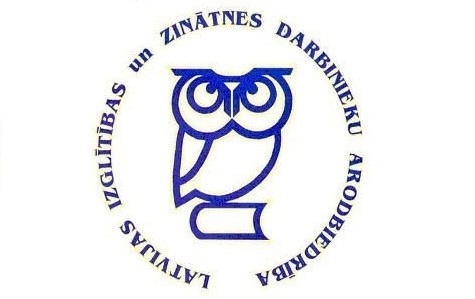Collective agreements on flexible time and leave arrangements
External practice
Duration
Ongoing.
Partnership
Social dialogue with the government and employers.
Reason it was developed
In Latvia, the majority of education employees at all education levels are women. This is also reflected in LIZDA’s membership structure which is as follows: • Total number of members:25 300 (2018) • Number of female members:22 897 (90%) • Decision making bodies of LIZDA: • LIZDA Board: 13/12 (female) • LIZDA Council: 61/57(female)
Activities
LIZDA has been actively participating in activities addressing gender equality in the education sector, for example: • LIZDA takes part at the Gender Equality Council’s events at the Free Trade Union Confederation of Latvia (LBAS) • Gender Equality Committee meeting, Ministry of Welfare (10.01.2018.) • Plan for equal rights and possibilities among males and females, Ministry of Welfare (02.02.2018.) • Activities of Ombudsman in promoting gender equality in Latvia (06.12.2018) • Visit to the Gender Equality Institute, Vilnius, Lithuania (05.03.2018) In this context, LIZDA has provided assistance in balancing work and private life of education staff through collective bargaining agreements between the trade union and employers (e.g., school directors, rectors, etc.). Collective agreements were concluded to provide assistance in balancing work and life issues for the education sector staff. In relation to flexible time, the collective agreement established that teachers can perform duties (preparing for lessons, checking pupils’ tests, etc.) at home or elsewhere at their convenience. In relation to paid leave, the collective agreement achieved that education employees get paid extra leave in such cases: • 3 or more children under the age of 16, or a child with special needs under 18 – 3 working days • 1 or 2 children under the age of 14 – not less than 1 working day • Education employees aged 55 and above, sharing a household with their parents – 3 working days Education employees have the right to receive extra holidays in such cases: • 1st school day for a child (1 to 4 grade) – 1 day • After getting married – 3 working days • Education employee or his/her child’s graduation from an education institution – 1 working day Education employees taking care of a child under 18, or sharing household with mother/father aged 75 or above, have the right to a temporary absence in case of illness, accidents, or health tests.
Results
The collective agreement provided assistance in balancing work and life issues for the education sector staff through the provision of the possibility for flexible working time and the introduction of extra paid leave to enable the reconciliation of working and private life demands. The key success factor in achieving the collective agreement was the willingness of employers to recognise the difficulties in reconciling the work-life balance demands for teachers.
Funding
The funding for the extra leave provisions for the education sector staff comes from the national budget allocated to teachers’ salaries.